“When it's at its best, tourism has local communities as an equal player; as a stakeholder in how it operates,” says Rochelle Turner, co-chair of the group Travel by B Corp. “It recognises that if it wasn’t for local people and support, then people on their travels would have a really rotten time.
“Local people make or break the time that a guest has, by being kind or open with their lives and culture. In return, it should make people in these destinations happier - not exploit them.”
We’re facing a climate crisis, but we’re also facing an equity crisis - and the two are connected...
The travel industry is undoubtedly capable of bringing transformative, positive changes to local communities around the world - of distributing wealth on a global scale, creating new income streams that can slow migration away from rural places; of helping to preserve cultural traditions and offering local workers a route to becoming business owners. But it’s no secret that currently, the mass market model of tourism still does not even come close to fulfilling that potential.
“So much of the industry is being taken over by those who just see money and opportunity without seeing the people,” says Turner. “It’s too often about a product rather than people and place. Recently we’ve seen it with the huge investment going into tearing up mangroves in Fiji, for example - for a non-local, investment-led property that's only really going to serve wealthy people and not really bring very much benefit for locals, and certainly not for nature.”
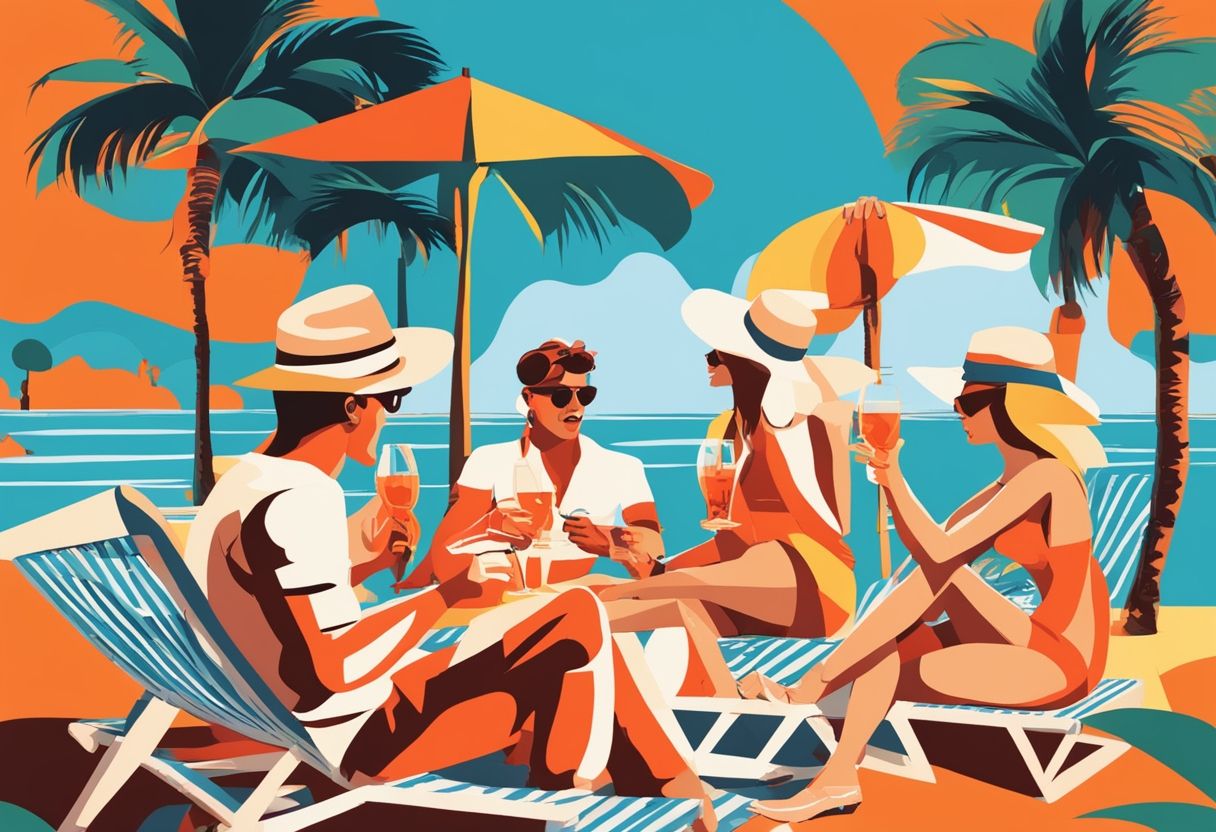
The all-inclusive resort model is the classic example. Though there are always exceptions, typically these resorts are owned by overseas companies. They import the majority of the food and drink they serve to their customers, and since their guests have already paid for everything they will consume - including entertainment - there is little motivation for guests to eat and drink in local cafes or restaurants, or to hire local guides.
In many cases, locals are then excluded from land they could once access, job opportunities are largely limited to seasonal hospitality work without much chance for career progression (as satired in the HBO hit 'White Lotus'), and tourists actively fear engaging with locals outside of resort boundaries.
Tourist money doesn’t circulate, meanwhile; it leaves the country altogether.
Drip, Drip, Drip
This process is called tourism leakage. “Leakage is basically any money that is spent at the destination level that doesn't stay there. It leaks out,” says Dr. Lynn Minnaert, who literally wrote the textbook on Tourism Management. “Only a fraction of money spent by tourists stays with local communities - so often, the people are not actually benefiting much from your being there.”
The ATTA found that it takes four adventure travel tourists to generate $10,000 USD for a local economy. The report also found you would need a full 96 cruise tourists to generate that same sum.
Developing countries see particularly large leakage, as outside interests dominate tourism. A 2014 UNWTO report puts leakage at "70% in Thailand and 80% in Caribbean countries due to factors such as foreign-owned operators, airlines, hotels and imported food and products."
Dr. Minnaert continues: “The worst culprits to me would be cruise tourism and all-inclusive resorts, because they keep you trapped in a sense.” Indeed, cruises are renowned for overcrowding destinations with little benefit to the communities they arrive in to explore.
Of course, there’s no reason why a cruise liner or all-inclusive resort could not create a network of linkages with local guides, farmers and handicraft makers and provide training opportunities for career progression. But as it’s not the best way to maximise profits, it often doesn’t happen.
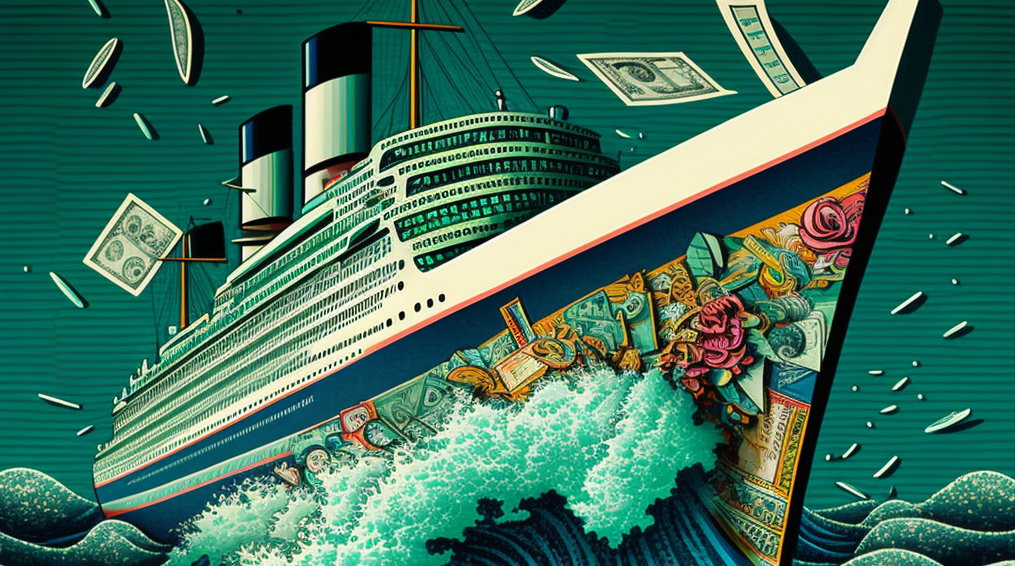
In a market sizing report released on 5 July 2023, the Adventure Travel Trade Association (ATTA) found that 76% of money spent on an adventure travel itinerary stays with local suppliers, and that it takes four adventure travel tourists to generate $10,000 USD for a local economy. It takes nine overnight package tourists to generate that same figure - and remarkably, the report found you would need a full 96 cruise tourists to create that same sum.
There are two types of leakages, Turner explains. “Import leakages are caused when customers only want to eat or drink things they know - Heinz Ketchup or Carlsberg beer, for example, and adventure travellers don’t tend to be that kind of person,” says Turner. “Adventure travel also does tend to involve more local hotels and restaurants. Export leakage is far less with adventure travel than some other types - fortunately, I think - because there isn't the return on investment that these big investment companies want when they want to build a big hotel or resort.”
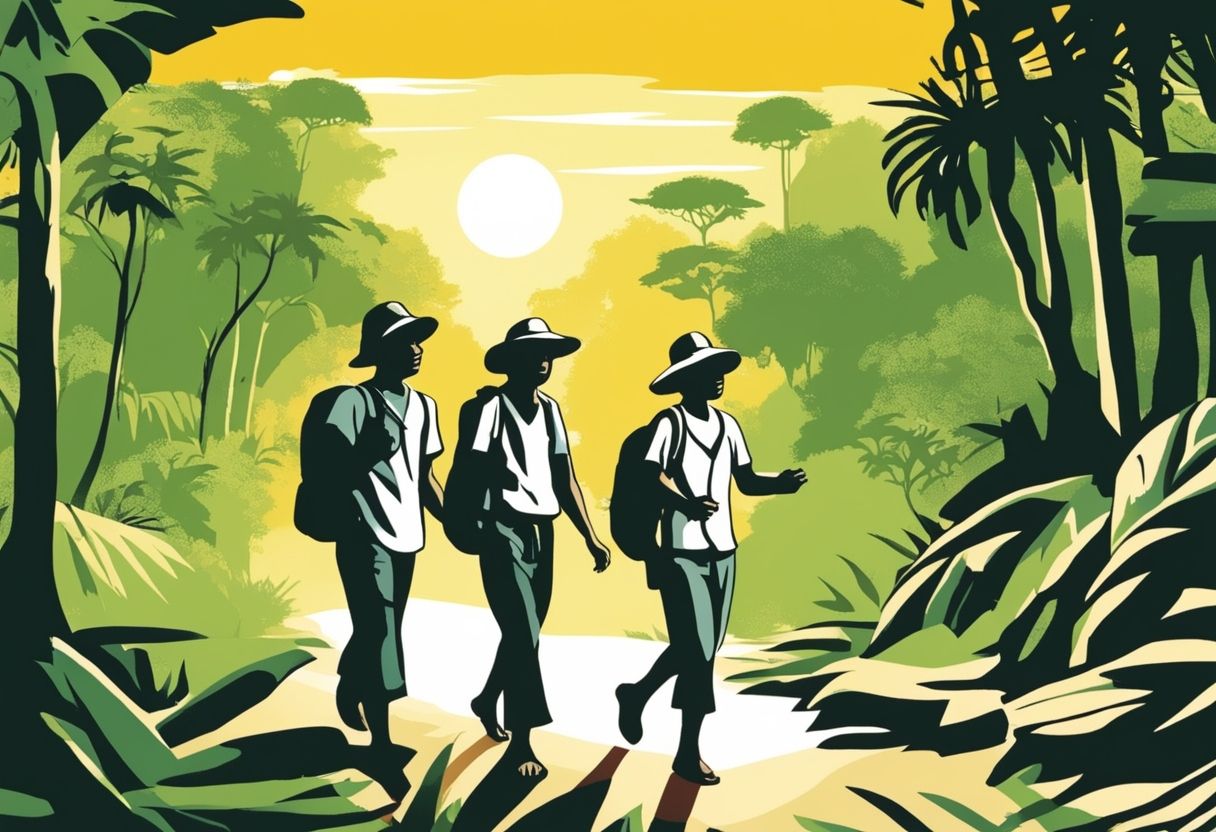
Turner highlights that the more local suppliers you use, the better experience a guest can have.
“You might get fresher food because it’s grown in the garden next to where you’re staying, or friendlier service because those workers are all being paid properly, and they take big pride in their work,” she says. “Or guides who are really passionate about the places and local stories and history. Guests then have a richer and a much more enjoyable experience.”
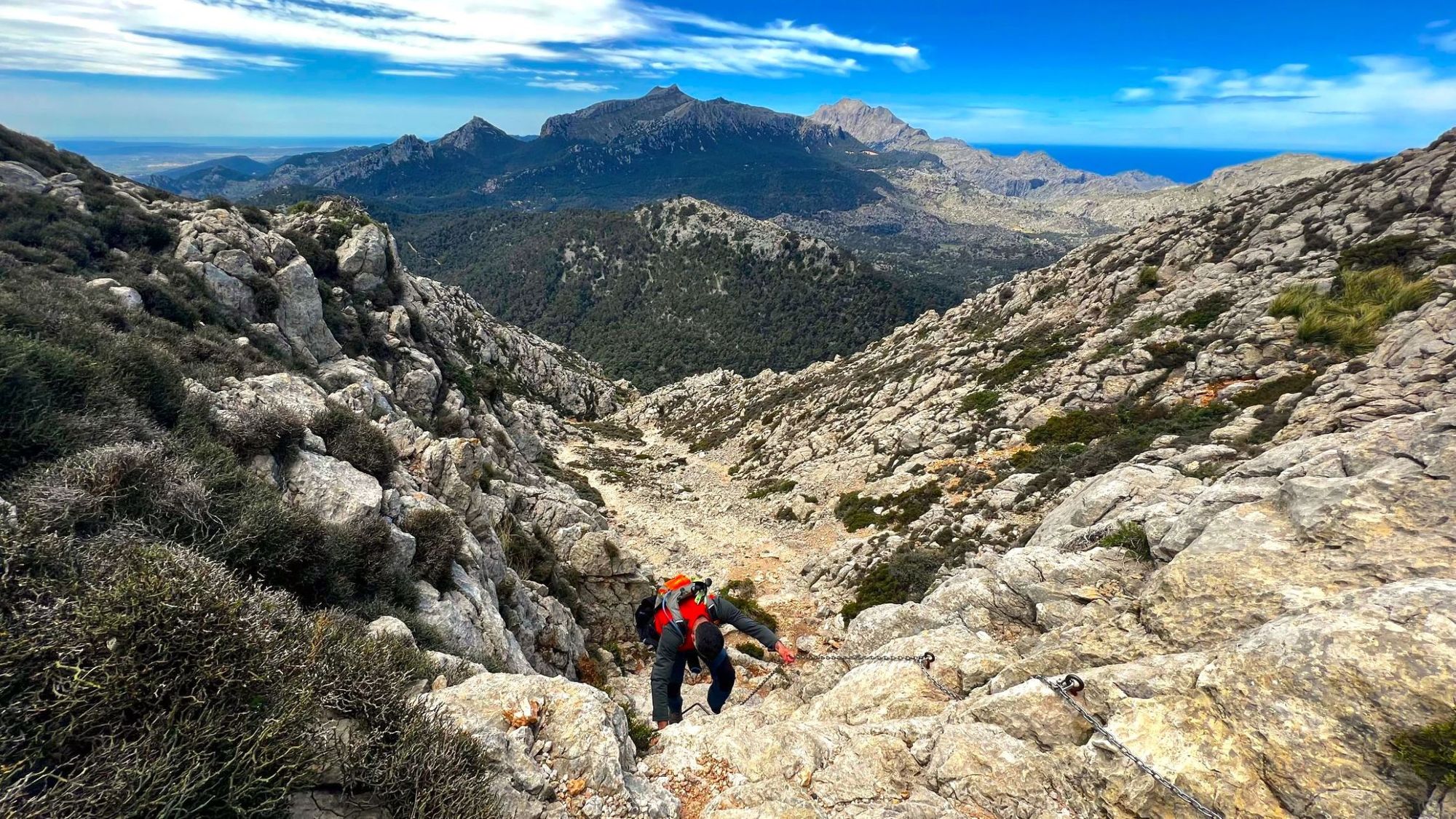
If four adventure travellers have the same impact on a local economy as 96 cruise tourists, you can also avoid the issues that come with the overcrowding that mass tourism can bring: waste management; inflation of house and grocery prices; or the sort of poor tourist behaviour which led the Balearic Islands to limit all-inclusive guests to six alcoholic beverages per day.
Alex Narracott and Sam Bruce are co-founders of the adventure travel tour operator Much Better Adventures (to which this magazine is attached), having started the company in 2016.
“Adventure travel benefits local communities almost by default,” says CMO Sam Bruce. “You’re going off the beaten path to places that are less visited - so by design, you’re putting money into places that wouldn't have otherwise had it. Adventure travellers are more likely to have a culturally-sensitive outlook, staying in locally-owned places and so, interacting with locals.”
In short, when you’re visiting remote areas, often there is no infrastructure available other than the local. That means that often, adventure travellers - prioritising authenticity and social, cultural interactions over comfort and luxury - are the first to visit new destinations. It's more about homestays and hostels than five-star hotels, with hyperlocal souvenirs and food.
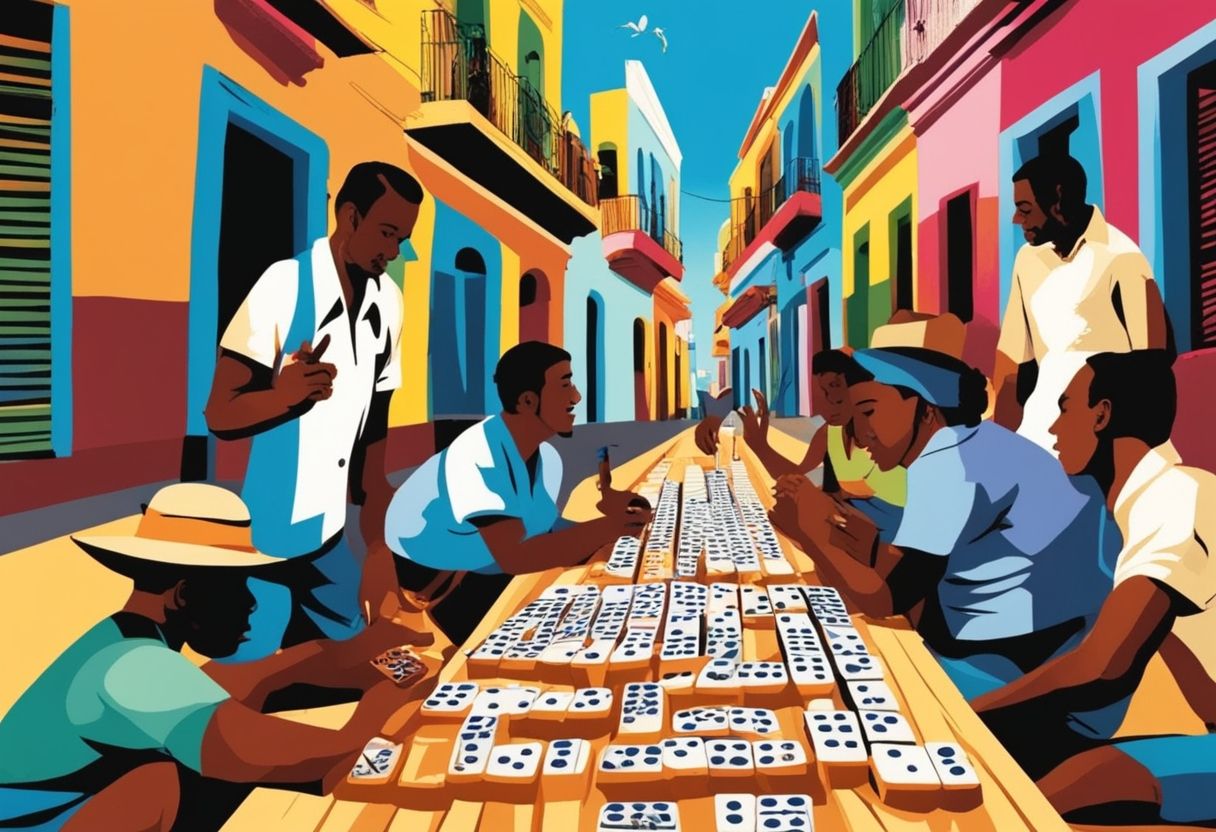
“It’d be naive to think the whole world will one day be adventure travellers,” says Alex, CEO of Much Better Adventures. “But adventure travel can be the case study that influences other sectors of the travel industry - and it does do that. It’s raising the bar in terms of transparency around supply chains and carbon. It just needs to figure out how to do it more.”
Sam continues: “With adventure travel there is a deeper connection to conservation and nature, because that's what people in adventure are inherently interested in - so it makes sense that that would bleed into business practice - and then that can influence the rest of the industry.
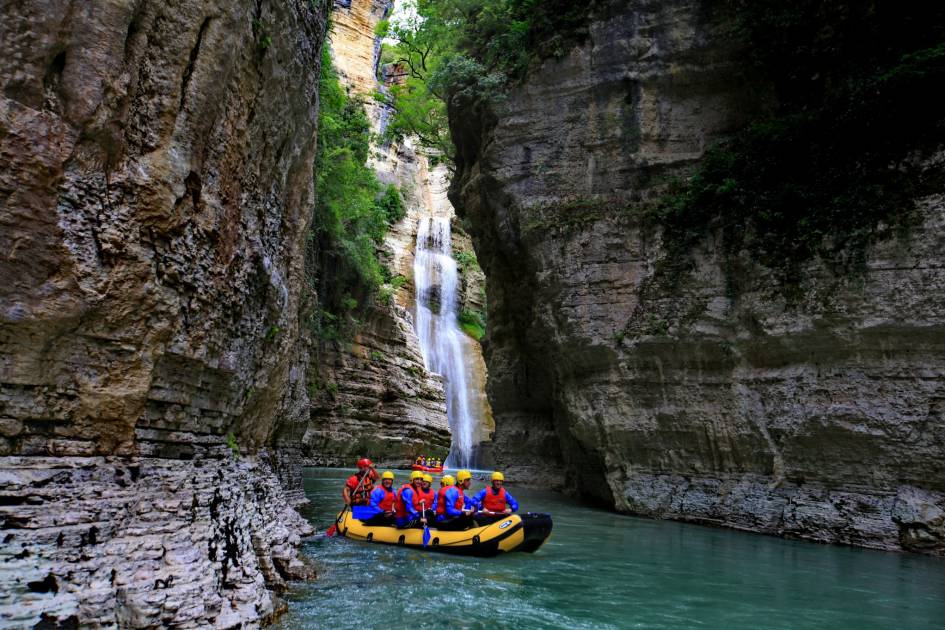
“What’s interesting is that tourism boards are spending loads of money trying to regrow tourism - but, for example, with up to 80% leakage in the Caribbean, what return are they getting? How much is just immediately leaking out? This also needs to be a governmental, political issue.”
Climate and Equity
Rebecca Armstrong is a sustainable tourism specialist at The Travel Foundation, an independent charity working to unlock the positive potential of tourism on a global scale. “The focus of our work has become increasingly two-fold,” says Armstrong. “We’re facing a climate crisis, but we’re also facing an equity crisis - and the two are connected - which means there’s also an opportunity for integrated solutions. If you’re developing low carbon products, you might be using local food and suppliers, and so those tend to be more connected to the localities they’re operating in too.
“There are big connections with climate justice too, and supporting those destinations that are particularly vulnerable to climate change, but that are also very dependent on tourism.”

Climate and equity are both integral pillars of responsible travel.
“These are the two most urgent issues the industry is facing,” says Armstrong. “With equity, it’s about how that is playing out at destination level. What does tourism contribute to the people in a destination, could it be generating more - and is that value being distributed widely and fairly?
“It’s that question of who’s really benefiting from the visitors that come to a destination?”
72.34% of travellers surveyed said this issue matters, which is interesting as it suggests that companies that fail to adapt to this trend might find themselves at a competitive disadvantage...
This is a question increasingly piquing the interest of global governments, Alex Narracott notes. “There is a broadening understanding at governmental level about that disparity,” he says.
“A really good example of that is in Hokkaido, Japan. Hokkaido is not a particularly touristy destination at the moment, but they've identified that they would like to change that and so they've invested a lot of money in getting the adventure travel industry to put it on the map. They had a direct choice between developing Hokkaido as a destination for resort and casino tourism or adventure tourism. They crunched some numbers and, for now at least, figured out that adventure tourism would be far better for nature and the local economy in the long run than casino tourism, which could be a short-term boom-and-bust, and had environmental concerns.
“That's now becoming an increasingly common conversation at governmental level and that's partly why adventure tourism is growing so much. So there may be a shift starting to happen.”
But do travellers actually care about this? Much Better Adventures conducted a 2023 survey of 1,380 people which found, categorically, that they do. “We asked people to what extent the environmental and sustainability credentials of a travel company influenced their decision-making when booking a holiday,” says Sam Bruce. “72.34% said it did, which is interesting as it suggests that companies that fail to adapt to this trend might find themselves at a competitive disadvantage. That’s a good thing. It might not be the primary motivator for travelling - and I don’t think it ever will be - but it's becoming more and more significant.”
How to plug the leak?
“We need bolder government steps to support the development of truly beneficial tourism in their destinations,” says Alex. “And there definitely needs to be some kind of far stronger, global, industry basis for supply chain management and transparency of the supply chain.”
Sam agrees, adding: “It’s thinking about how we can take some of the great things about adventure tourism and apply it to other sectors of the travel industry - and there also needs to be a breakthrough in communication to make this a better known topic.”
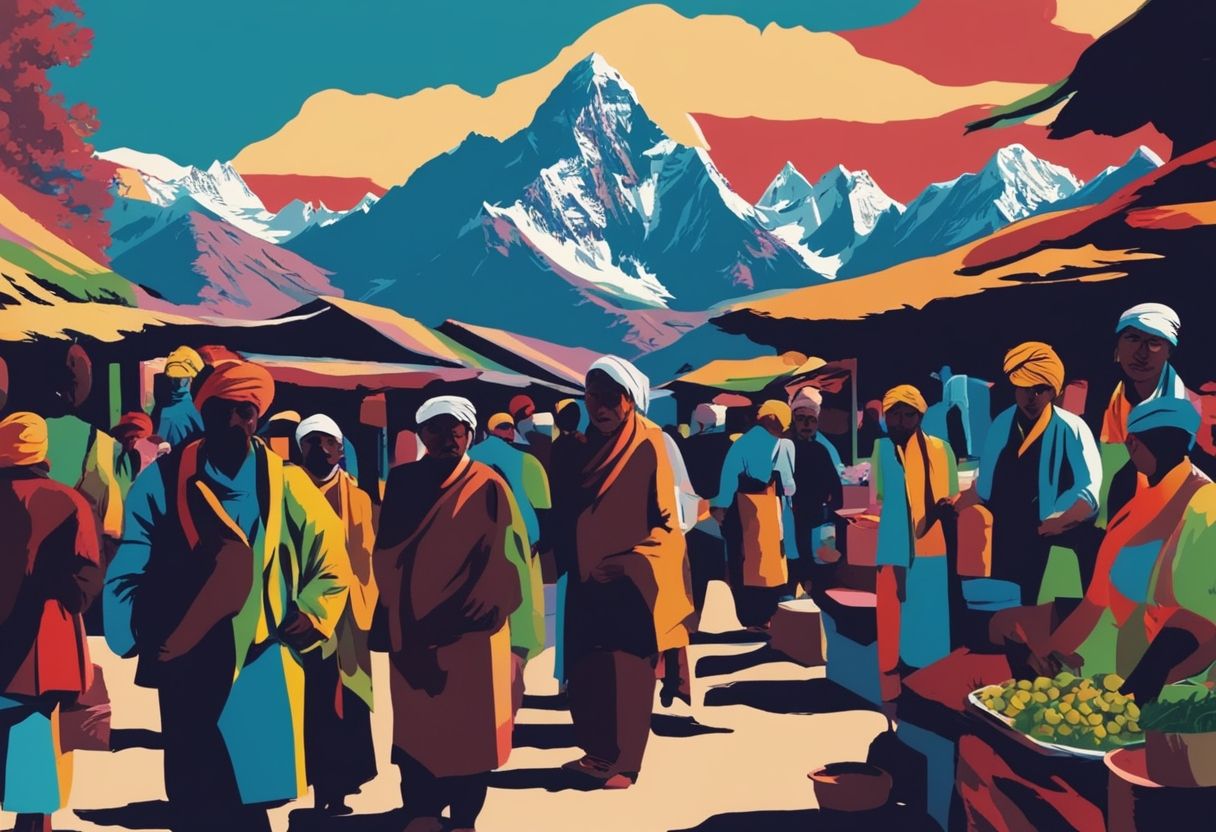
The Travel Foundation and a group of partners are currently working on the above; aiming to create a roadmap to guide destinations on equitable tourism. “It’s not just about generating value, but distributing it and looking for good practices,” says Armstrong. “It’s a whole picture question.
“For example, you can look at supporting small businesses to develop their products to become stronger and more resilient businesses - but then you also have to look at market access and bringing them into that wider tourism ecosystem. How do travellers know about them? Are tour operators connecting guests with those businesses? And are authorities representing them?”
It’s about strong linkages into the local economy in as many ways as possible, but also not over dependence on tourism.
Equity is also about avoiding overtourism, and that can involve promoting shoulder season, or off-season travel, or promoting new destinations if the best known spots are already full.
The Jordan Trail is an excellent example of how redistributing wealth away from tourist hotspots, in this case Petra, can hugely benefit nearby, but isolated, communities. Mallorca is setting out a path to ditch beach-and-beer tourism to become a truly circular tourist destination, while Albania is urging travellers to visit in the off-season, as the tourism boom in the country is concentrated solely on summer, meaning idyllic beaches crowded in August are often empty in September.
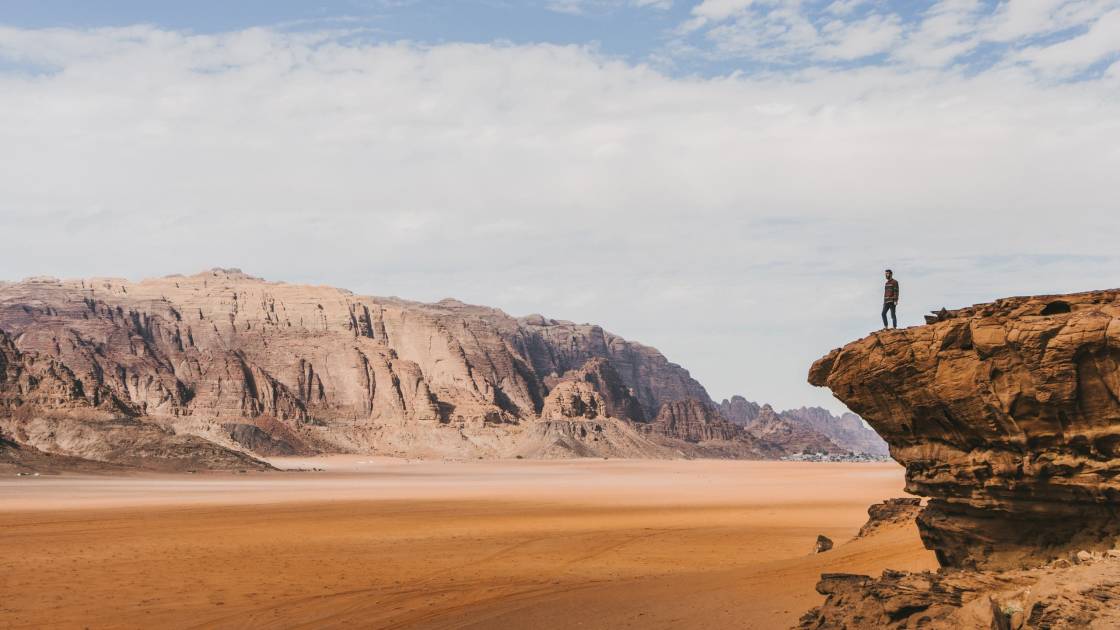
“From a destination point of view, addressing seasonality can also create year-round jobs,” says Armstrong. “And if you're encouraging people to go to a new area that's not receiving so many visitors anymore, it’s about making sure that you're not just shifting a problem from one area to another but actually working with that new area and the communities to make sure that they're ready and able to develop sustainable products that will attract the kind of visitors they want.
“It’s about strong linkages into the local economy in as many ways as possible, but also not over dependence on tourism. Tourism should be a healthy part of the overall economy.”
From a traveller’s angle, the solutions are familiar - it’s shop local, on the global stage. “It’s longer stays, slower travel, not rushing from country to country but spending time and money in those places and immersing ourselves in the places we travel to,” says Armstrong.
Armstrong is also optimistic for a more equitable future, but states we do need to move faster.
“We are going in the right direction, but we are certainly going too slowly - and we’re pleased to be able to play our part in bringing the industry together to accelerate change. 15 years ago sustainable tourism really wasn’t that high on the mainstream agenda, but we’ve turned a corner. Now it’s about capturing what is already happening, these good practices, and how they could be replicated in new destinations that are emerging. Developing tourism in new areas creates a new opportunity to do it better - and learn from each other to best support places and communities.”
Inspired? Check out the rest of our tourism leakage series now, or explore our small group adventures, benefiting local communities!



